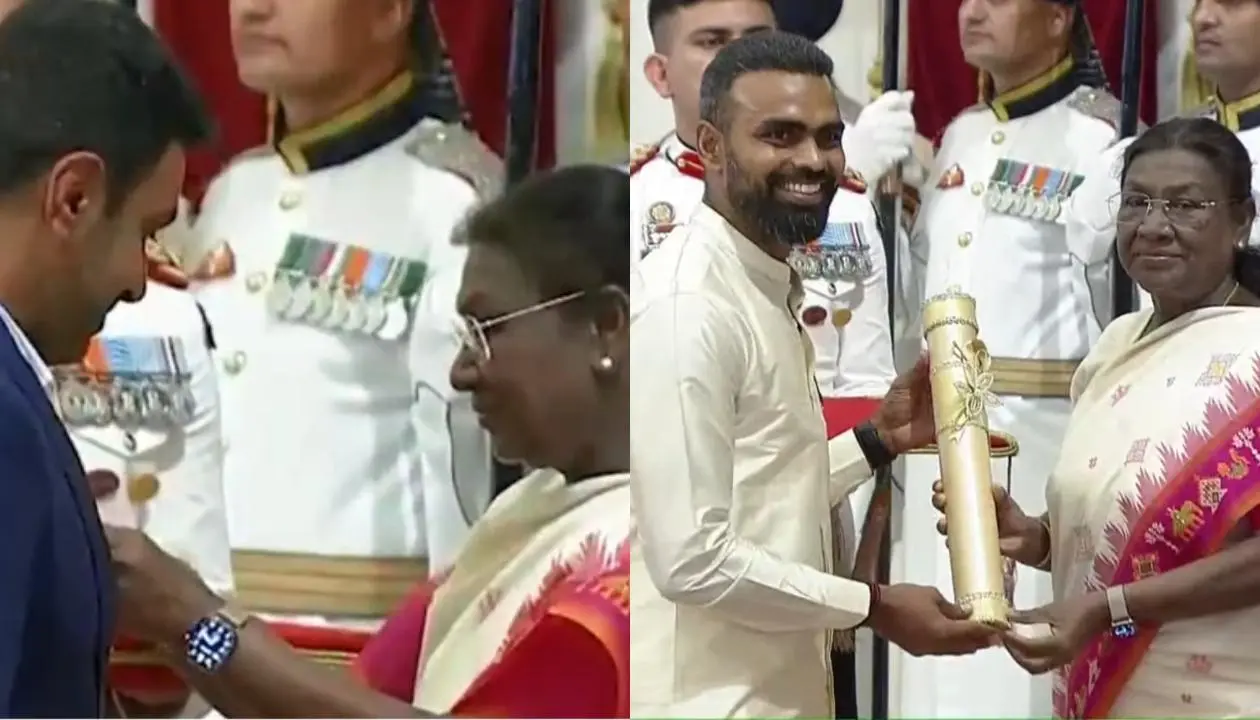The situation in Murshidabad, West Bengal, is tense. Over 400 Hindu families have fled their homes after violent clashes, crossing the Ganga to escape arson and attacks. Many say local police told them, “Things are under control, go back,” even as their houses and temples burned.
While arrests have been made, fear lingers. Why did this happen? And what do Muslims really think about the violence? NewsX brought together voices from the community to discuss.
The Waqf Act Controversy: What’s the Real Issue?
The recent changes to the Waqf Act have sparked protests nationwide. Ahmad Ayaz, a political analyst, says the amendments are seen as government overreach into Muslim religious affairs.
“People have a right to protest, but violence? No. Islam doesn’t justify this. Something feels off—this looks more like political mischief than a genuine protest.”
He suspects outside forces may have stirred trouble, using the Waqf issue as an excuse.
“No Real Muslim Supports Violence” – Major Mohammad Ali Shah
Retired Army officer Major Mohammad Ali Shah didn’t mince words,”I’m a proud Muslim, but India comes first. Burning homes and hurting people? That’s not protest—that’s madness. Whoever did this isn’t fighting for Muslims; they’re playing politics.”
He shared how in the Army, temples, mosques, and churches stand side by side—a model for peace India needs right now.
Why Are Muslim Leaders Silent?
MJ Khan of ICFA pointed out a big problem: lack of clear communication from the government before changing the Waqf laws.
“If they had explained things properly, maybe tensions wouldn’t have exploded. Now, rumors are spreading, and people are scared.”
He also called out Muslim politicians for not speaking up strongly against the riots. “Real leadership is missing,” he said.
Political Games? TMC’s Role Under Scrutiny
BJP’s Sudhanshu Trivedi didn’t hold back, “If this violence happened in a BJP state, there’d be outrage. But in Bengal? Silence. Why? Because the TMC benefits from keeping tensions high.”
He accused the state government of protecting rioters for votes, forcing the Centre to send forces to restore order.
What Now?
The panel agreed on three urgent steps:
- Leaders must condemn violence—no excuses.
- Communities need to talk, not fight.
- The government should explain policy changes clearly to avoid panic.
ALSO READ: Mehul Choksi’s Arrest: Legal Team To File Appeal For Release On Grounds Of Ill Health























